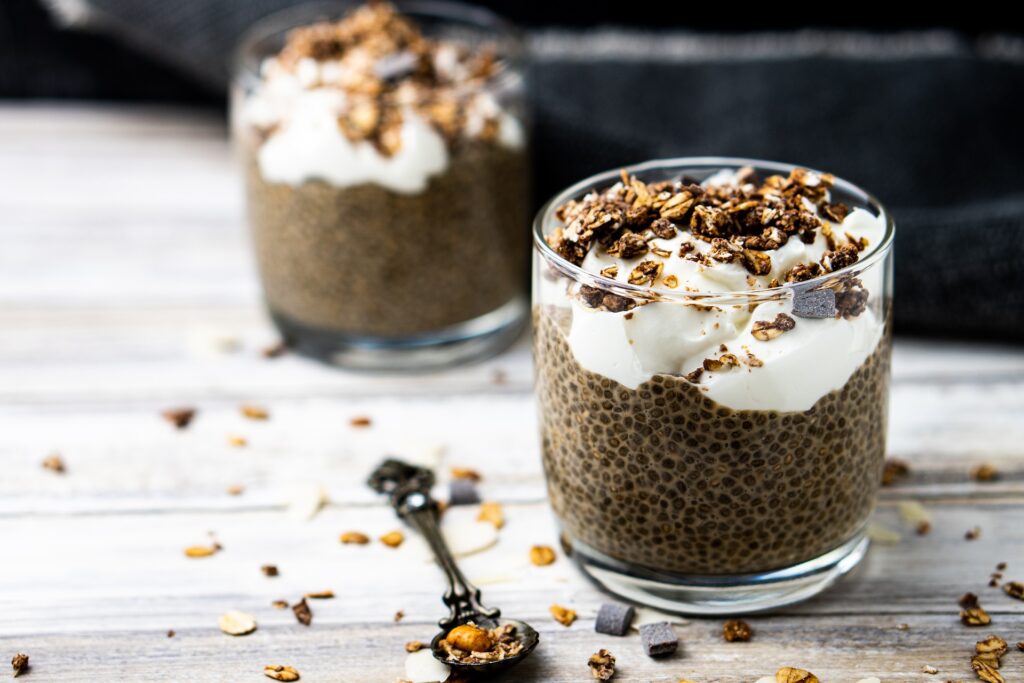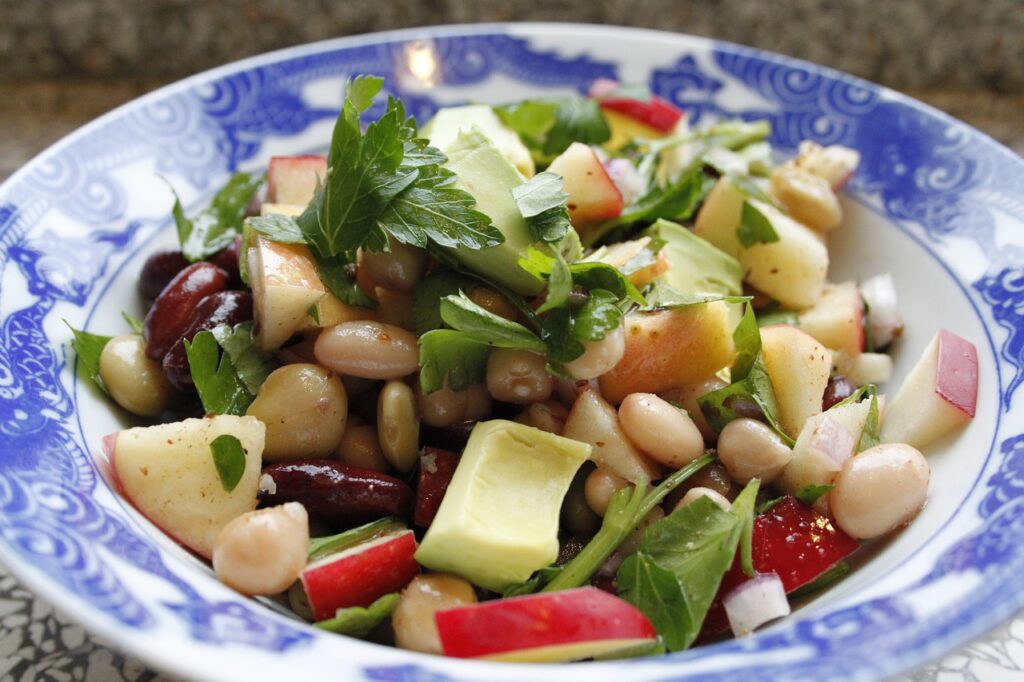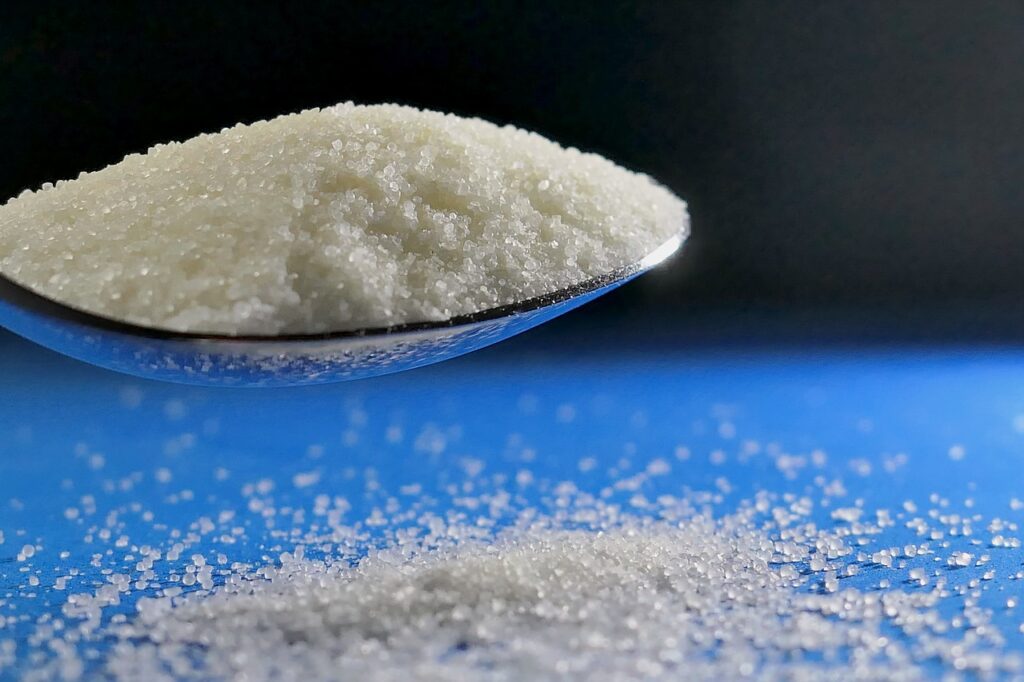
Fast Facts
Heart disease is the leading cause of death worldwide, with diet playing a crucial role in prevention
Eating a balanced diet rich in fruits, vegetables, and whole grains can significantly reduce the risk of heart disease
Healthy fats like those in nuts, seeds, and olive oil help protect against heart disease by lowering bad cholesterol levels
High fiber foods like oats, beans, and whole grains can improve cholesterol and blood pressure, key factors in heart health
Antioxidant-rich foods, such as berries and leafy greens, fight inflammation that contributes to heart disease
Limiting salt and processed sugars supports blood pressure and reduces heart strain, key for a healthy heart.
Overview
Heart disease remains a top cause of death worldwide, but there’s good news: many of its risk factors can be managed or even prevented by making healthy lifestyle choices. Among the most impactful changes you can make is to your diet. A well-balanced, nutrient-rich diet plays a crucial role in supporting heart health by managing blood pressure, cholesterol levels, and inflammation, and by maintaining a healthy weight.
In this guide, we’ll delve into specific dietary changes, practical tips, and a sample meal plan designed to protect your heart and boost overall wellness. Whether you’re seeking to prevent heart disease or improve existing heart health, the steps outlined here offer actionable, effective advice
Related : Simple Steps to Boost Bone Health
Understanding Diet and Heart Health
Heart disease develops over time due to a combination of genetic factors, lifestyle choices, and other health conditions. One of the most significant lifestyle factors is diet. The foods you consume impact key contributors to heart disease, such as high cholesterol, high blood pressure, inflammation, and weight gain
Diets high in saturated fats, trans fats, sodium, and added sugars are linked to higher rates of heart disease, while nutrient-rich foods like fruits, vegetables, whole grains, and lean proteins can help prevent it. By focusing on balanced nutrition, you can give your body the tools it needs to protect your cardiovascular system and improve your quality of life.
Essential Dietary Tips for a Healthy Heart
Emphasize Whole, Unprocessed Foods
Whole foods—those in their natural, unprocessed forms—are rich in nutrients and antioxidants that can protect the heart and prevent disease. Processed foods, on the other hand, often contain added sugars, unhealthy fats, and high levels of sodium, which contribute to heart disease. Embracing whole foods as the foundation of your diet is one of the most effective ways to promote heart health.
- Fruits and Vegetables: These are packed with vitamins, minerals, and antioxidants that combat inflammation and help prevent the buildup of plaque in your arteries. Aim for a variety of colors and types; each has unique benefits. For example, leafy greens like spinach and kale are rich in heart-healthy potassium, while berries contain compounds that can lower blood pressure
Related : Cold vs. Flu: to Symptoms, Causes, Treatments, and Prevention
- Whole Grains: Choose whole grains like brown rice, oats, quinoa, and whole-wheat bread over refined grains. Whole grains are high in fiber, which helps lower LDL (bad) cholesterol and supports overall heart health.
Choose Heart-Healthy Fats
Contrary to popular belief, not all fats are harmful to heart health. Healthy fats, particularly unsaturated fats, are essential for maintaining cardiovascular wellness.
- Healthy Fats: Monounsaturated and polyunsaturated fats, found in olive oil, nuts, seeds, and avocados, can reduce LDL cholesterol levels, which lowers the risk of heart disease. Omega-3 fatty acids, commonly found in fatty fish like salmon, mackerel, and sardines, have been shown to reduce blood pressure, lower triglyceride levels, and decrease inflammation in the body.
- Avoid Saturated and Trans Fats: Saturated fats, mostly found in red meat, full-fat dairy products, and processed foods, can increase LDL cholesterol and contribute to artery blockages. Trans fats, often found in margarine, packaged baked goods, and fried foods, should be avoided altogether, as they increase both LDL and inflammation, heightening the risk of heart disease
Incorporate More Fiber into Your Diet

Fiber, especially soluble fiber, is essential for heart health. It helps reduce LDL cholesterol by binding to it in the digestive system and preventing it from entering the bloodstream. Fiber also aids in managing blood sugar levels and weight, both of which are important for cardiovascular health.
- Soluble Fiber: Foods like oats, beans, lentils, apples, and carrots are high in soluble fiber. Including them in your meals can help you lower your cholesterol naturally
Related : Home Remedies for Vertigo: Natural Ways to Relieve Symptoms and Restore Balance
- Insoluble Fiber: Found in whole grains, nuts, and vegetables, insoluble fiber adds bulk to your diet and helps maintain digestive health. It supports weight management, an important aspect of heart disease prevention.
Limit Sodium Intake

Excessive sodium can lead to high blood pressure, a significant risk factor for heart disease. Most people consume much more than the recommended daily limit of sodium, primarily through processed and restaurant foods.
- Tips for Reducing Sodium: Focus on cooking at home to control sodium intake. Avoid canned soups, packaged snacks, and processed meats, which are often loaded with salt. Season your food with herbs and spices like garlic, lemon, basil, and pepper to add flavor without relying on salt
Reduce Added Sugars
High sugar intake contributes to obesity, inflammation, and high blood pressure—all of which are linked to heart disease. Added sugars are found not only in sweets but also in many processed foods like sauces, cereals, and drinks.
- How to Reduce Sugar: When reading food labels, look for added sugars listed as corn syrup, fructose, sucrose, and other syrups. Opt for unsweetened versions of foods and beverages whenever possible, and sweeten naturally with fruits or a small amount of honey
Related : Protecting Your Kidneys Conditions That Affect Kidney Health
Balance Protein Sources
While protein is an important nutrient for overall health, the type of protein you consume matters. Animal proteins, particularly red meat and processed meats, are associated with higher cholesterol and an increased risk of heart disease.
- Lean and Plant-Based Proteins: Opt for lean meats like chicken or turkey, and include plant-based proteins such as beans, lentils, tofu, and quinoa. Plant-based proteins are naturally low in saturated fats and often come with additional fiber and antioxidants that benefit heart health.
- Limit Red and Processed Meats: Red meats, like beef and pork, should be eaten sparingly, and processed meats, such as sausage and bacon, should be avoided due to their high salt and fat content.
Heart-Healthy Eating Habits
Creating sustainable, heart-healthy eating habits is key to long-term success. Here are some practical strategies to incorporate these dietary changes into your daily routine
- Plan Balanced Meals
Creating balanced meals can help you maintain a nutrient-rich, heart-healthy diet. An easy way to balance your plate is to follow the “half-plate” rule: fill half of your plate with fruits and vegetables, a quarter with whole grains, and the remaining quarter with lean proteins. This ensures you’re getting a variety of nutrients without overeating
Related ; 10 Best Foods to Hair Health and Strength
- Practice Portion Control
Eating too much—even of healthy foods—can lead to weight gain, which raises the risk of heart disease. Portion control can help you enjoy your food without overloading on calories. Try using smaller plates, paying attention to hunger cues, and eating slowly to give your brain time to recognize when you’re full.
- Stay Hydrated
Hydration is often overlooked but is essential for heart health. Drinking enough water helps the heart pump blood more efficiently, reducing strain on the cardiovascular system. Staying hydrated also supports weight management and helps regulate blood pressure.
- Avoid Sugary Beverages
Sugary drinks like soda, sweetened coffee, and energy drinks can add a lot of unnecessary calories and sugar to your diet, increasing the risk of obesity and heart disease. Replace sugary beverages with water, herbal teas, or unsweetened drinks whenever possible
Related ; How to Lose Belly Fat 6 Tips for a Healthier You
- Read Food Labels
Learning to read food labels is an essential skill for making healthier choices. Look for hidden fats, sugars, and sodium in packaged foods, and aim to choose options with simple ingredients and minimal processing. Reading labels can help you avoid unnecessary additives and prioritize whole, heart-healthy ingredients
Lifestyle Habits That Complement a Heart-Healthy Diet
Diet is a significant factor in heart health, but it’s not the only one. Adopting other healthy lifestyle habits can amplify the benefits of a heart-healthy diet and further protect against heart disease.
- Exercise Regularly
Physical activity is vital for maintaining heart health, helping to lower blood pressure, improve circulation, and strengthen the heart muscle. Aim for at least 150 minutes of moderate-intensity exercise each week, including activities like walking, cycling, swimming, or dancing.
- Avoid Smoking

Smoking damages blood vessels, raises blood pressure, and increases the risk of heart disease. Quitting smoking is one of the best things you can do for your heart, and there are many resources available to support you in this process.
- Manage Stress
Chronic stress can lead to unhealthy coping mechanisms, like overeating or inactivity, that harm heart health. Finding healthy ways to manage stress, such as through meditation, deep breathing exercises, or hobbies, can positively impact your heart.
Sample 3-Day Heart-Healthy Meal Plan
Here’s a simple meal plan to give you an idea of what a heart-healthy diet can look like. Adjust portion sizes to fit your needs and preferences
Day 1
- Breakfast: Oatmeal with blueberries, walnuts, and a sprinkle of cinnamon
- Lunch: Quinoa salad with mixed greens, chickpeas, cherry tomatoes, and a lemon-tahini dressing
- Snack: Apple slices with almond butter
- Dinner: Grilled salmon with steamed broccoli and brown rice
Day 2
- Breakfast: Greek yogurt with mixed berries and a handful of flaxseeds
- Lunch: Whole-grain wrap filled with hummus, sliced turkey, spinach, bell peppers, and avocado slices.
- Snack: Carrot sticks with hummus
- Dinner: Stir-fried tofu with mixed vegetables (bell peppers, carrots, snap peas) served with quinoa
Day 3
- Breakfast: Smoothie made with spinach, banana, almond milk, and a scoop of chia seeds
- Lunch: Lentil and vegetable soup with a side of whole-grain toast
- Snack: A small handful of unsalted nuts (almonds, walnuts, or pistachios)
- Dinner: Grilled chicken breast with a side of sweet potatoes and steamed green beans
This meal plan incorporates a variety of heart-healthy ingredients, from lean proteins to fiber-rich fruits and vegetables. These meals can be modified according to your preferences or dietary needs, but the focus should remain on whole, nutrient-dense foods that support heart health.
The Takeaway
Preventing heart disease through diet is achievable, and it doesn’t require extreme restrictions. By prioritizing whole, unprocessed foods, balancing macronutrients, and avoiding excessive sugars and salts, you can support your cardiovascular health and overall wellness. Remember that consistency is key; small, daily changes can lead to big results over time. Pair your diet with other healthy habits, like regular exercise, stress management, and avoiding smoking, to give your heart the best chance of staying healthy.
Adopting a heart-healthy diet is more than just a temporary fix—it’s an investment in your future well-being. By making these dietary and lifestyle choices now, you can reduce your risk of heart disease, enjoy a healthier lifestyle, and protect your heart for years to come
Frequently Asked Questions
- What are the most important foods to eat for heart health?
For a heart-healthy diet, focus on eating plenty of fruits, vegetables, whole grains, and lean proteins. Healthy fats from sources like olive oil, avocados, nuts, and fatty fish are also beneficial, as they can help improve cholesterol levels and reduce heart disease risk.
- How can I reduce my salt intake to help prevent heart disease?
To reduce salt intake, limit processed and packaged foods, which often contain high sodium levels. Season your meals with herbs, spices, and natural flavors like lemon instead of salt, and always check food labels for sodium content
- How much fiber should I include in my diet for heart health?
Adults should aim for around 25–30 grams of fiber per day. Eating more whole grains, fruits, vegetables, and legumes can help you reach this goal, as fiber supports heart health by reducing cholesterol and improving digestion.
- Are all fats bad for heart health?
No, not all fats are bad. Unsaturated fats found in olive oil, nuts, seeds, and fatty fish are good for heart health, as they can help lower LDL (bad) cholesterol. Limit saturated fats (found in red meat and butter) and avoid trans fats, which are harmful to heart health.
- Can I still enjoy desserts on a heart-healthy diet?
Yes, you can enjoy desserts in moderation. Choose heart-healthy desserts like dark chocolate, fruit salads, or baked goods made with whole grains and minimal added sugar. Controlling portion sizes is key.
- How much water should I drink daily for heart health?
Staying hydrated is important for overall health, including heart health. Aim for at least 8 cups of water per day, but your needs may vary depending on your activity level, age, and climate. Proper hydration helps maintain blood pressure and supports circulation











